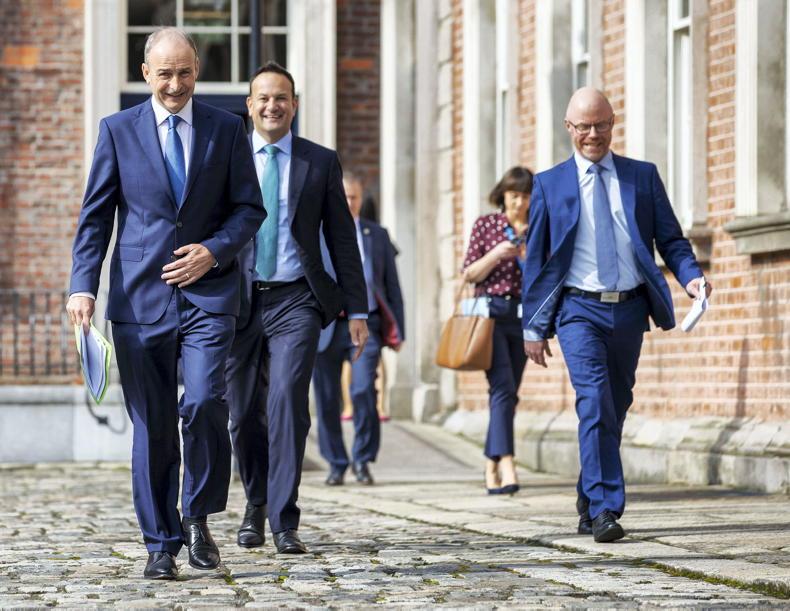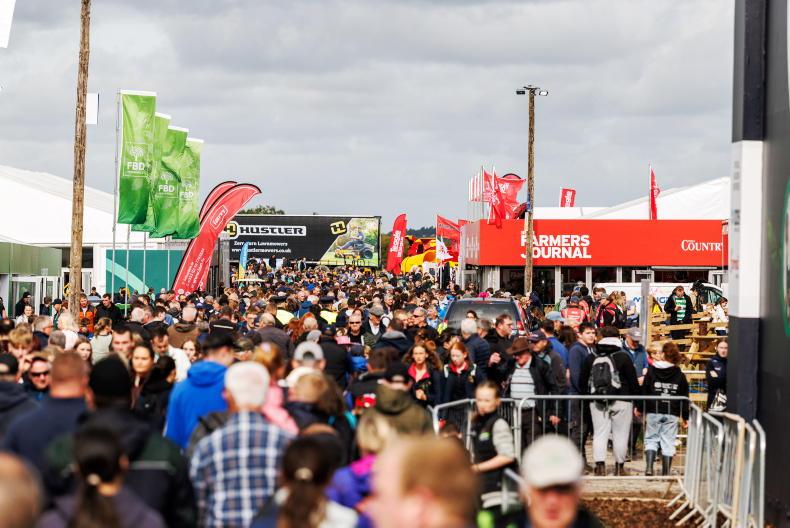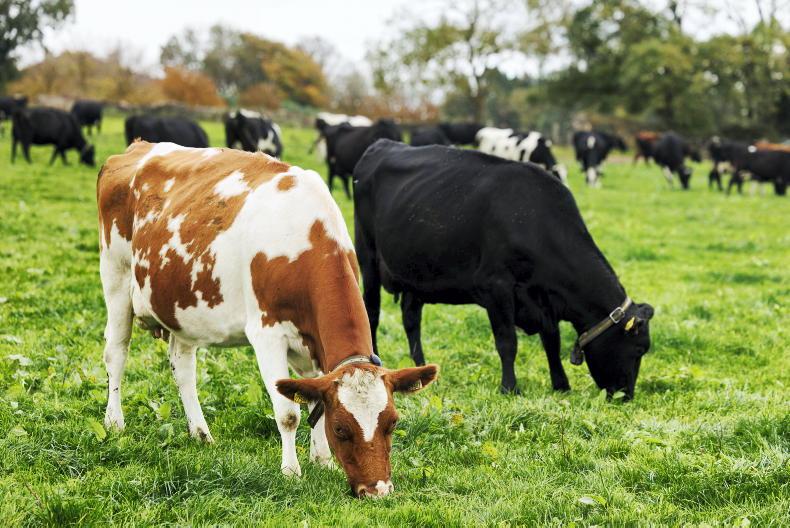The Irish Government has finally submitted its National Recovery and Resilience Plan to the EU and has also published the Economic Recovery Plan designed to plot the route to recovery from COVID-19 and to manage Brexit as well.
What is striking about the 58-page recovery plan document is that despite virtually every sector of Irish society being referred to, farming and the agri-food sector gets a short paragraph in which it is diverted to the agri-food 2030 strategy. As recently as 2010, when the Irish economy was in meltdown, the agri-food sector was identified as the foundation on which economic recovery would be built.
The instinct for those of us with farming in our DNA is to lambast the current coalition Government with its wide range of views on farming.
How at a time when there has never been more money in the EU budget and an umbrella branding of “Just Transition” have we failed to ring-fence meaningful money for transitioning agriculture from being output-driven food production to environment management?
It has been accomplished for coal in Germany and Poland and at home for peat in Ireland.
CAP will be an environmental not agricultural policy
Yet farmers are left facing the grim reality of a CAP that is shredded in multiple ways that instead of underpinning production, will be used to finance the environmental ambitions of the EU.
This tab should be picked up in full from the Just Transition fund, not top-slicing farmers’ basic payment to fund environmental schemes.
In terms of recovery from COVID-19, there have been sectors worse hit than farming and the Government has correctly targeted payments at workers who lost their jobs and businesses that couldn’t operate.
However, substantial amounts of money have also made their way to businesses, including in the agri-food sector, that continued to operate profitably, albeit with additional costs from COVID-19 protective measures.
Brexit threat will continue indefinitely
The main threats to farmer profitability in the remainder of this decade come from the outworking of Brexit and the drive for carbon reduction.
Dealing with Brexit, the reality is that Irish farmers haven’t yet experienced the full consequences of Britain being no longer part of the single market.
That is likely to begin later this year as Britain imposes full border controls, with more to follow as the UK concludes its own trade deals with major agricultural exporting countries.
Australia is at the front of this queue and a zero-tariff, zero-quota deal which seems imminent will squeeze Irish beef and sheep producers in particular.
In evidence to a House of Lords Committee recently, the representative from the Australian meat industry made it clear their target was to compete in Britain with imported beef and lamb not the product from UK farms.
For this reason, a substantial part of the Brexit adjustment reserve (BAR) fund needs to be ring-fenced to assist the Irish beef and sheepmeat sectors which are most vulnerable in the post-Brexit world.
Carbon reduction means pain for agriculture
Achieving the level of carbon reduction that is the ambition of the Irish Government will almost inevitably require reduced livestock numbers as efficiencies in production alone won’t be enough.
Here the door is left slightly open in the Economic Recovery Plan when it refers to “supporting workers, sectors, and regions most exposed”. Farmers, agriculture and rural areas definitely fit the most exposed category.
It is clear from both documents that the farming voice isn’t being heard in Government.
Farmers might expect that the Department and minister would protect their interests around the Cabinet table.
Yet we also have to ask is part of our problem that the farming voice has become so fragmented that clear messages aren’t being delivered to Government.
Populist positions with specific sectoral interests will definitely pick up the plaudits on social media but are not the basis for good policy.
Farmers need to take control
What is required now is for Irish farmers to come forward with their own strategy for Irish agriculture out to 2050.
Such a strategy has to be compatible with the overall climate policy of Government and it should develop costed options on how farming can adapt to contribute to this. Obviously the greater the contribution, the greater the cost. This is where the Just Transition fund has to be targeted.
All the evidence to date in CAP, Farm to Fork and now the Economic Recovery Plan suggests that farmers are at the end of the queue as a political priority in Dublin or Brussels.









SHARING OPTIONS